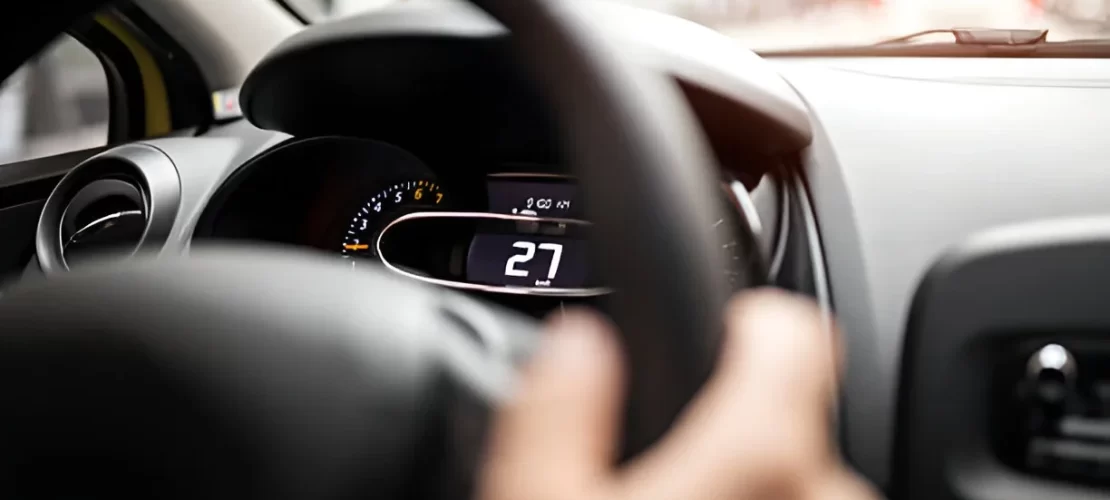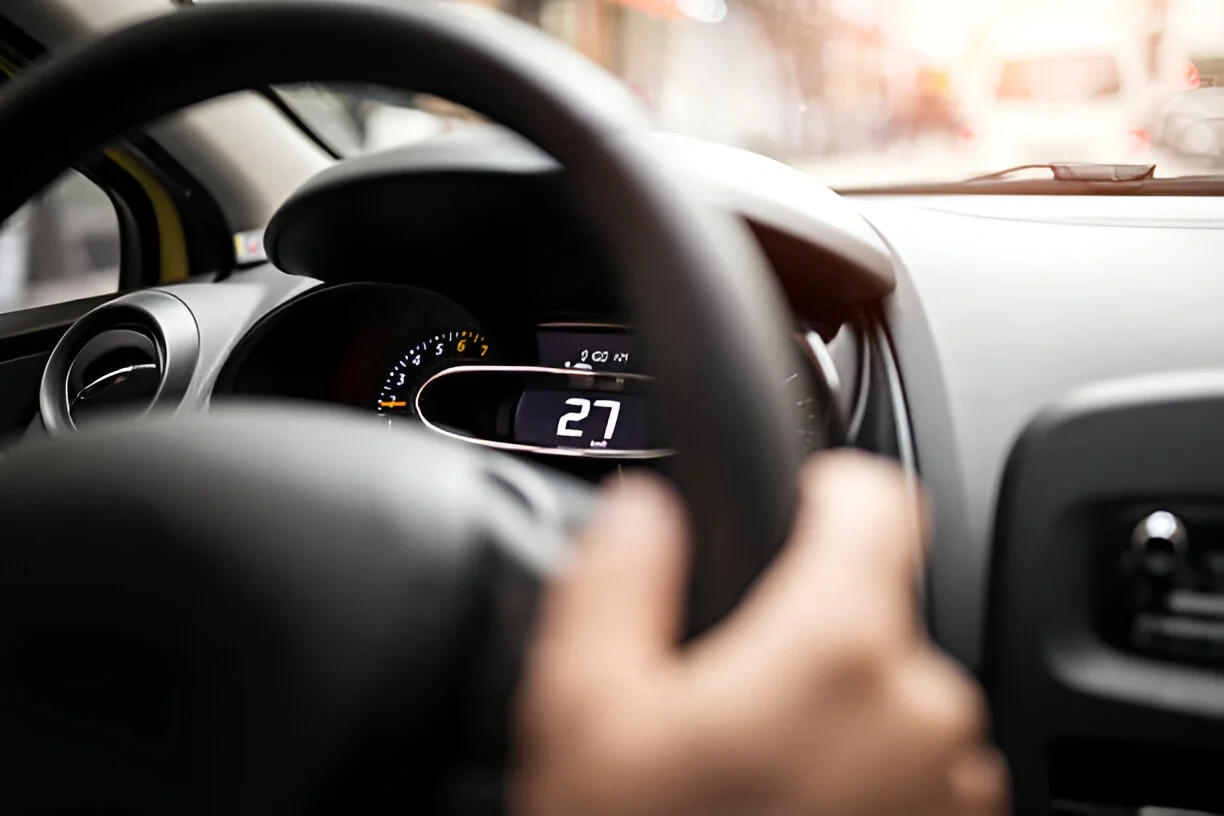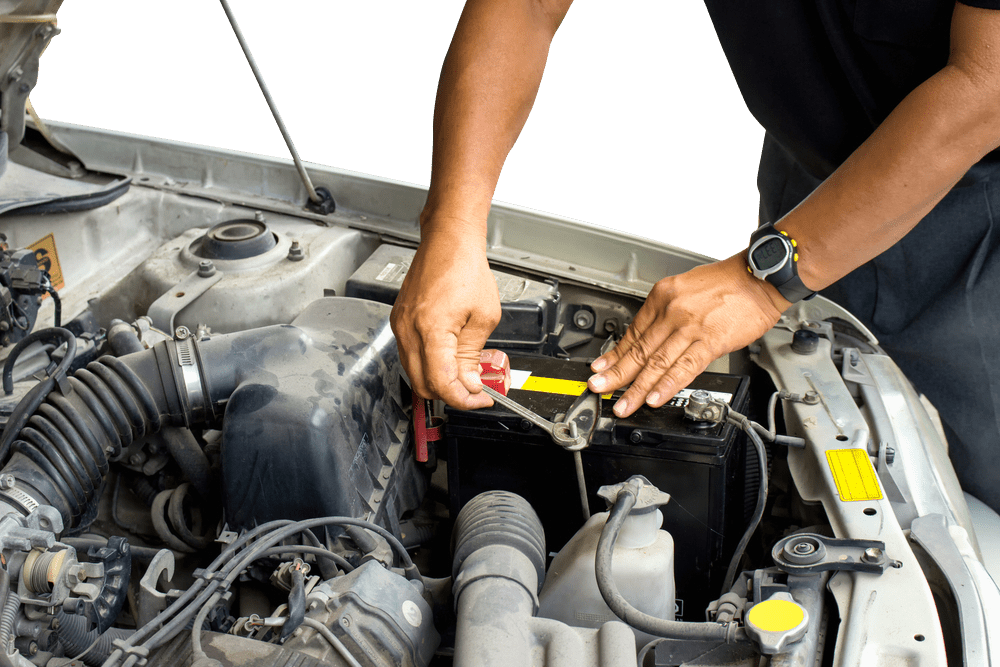- 20 Jun 2024
Does driving slower save car battery life?

As drivers, we’re constantly seeking ways to optimise the performance and longevity of our vehicles, and a crucial aspect of this endeavour is understanding the intricacies of car battery maintenance. Among the myriad of advice circulating, one question that frequently arises is whether driving slower can genuinely save battery life. In this insightful article, we embark on a journey to uncover the truth behind this notion, exploring the relationship between driving speed and car battery life.

Understanding Car Battery Dynamics
Before delving into the impact of driving speed on car battery life, it’s imperative to grasp the fundamentals of battery function. Car batteries serve as the powerhouse of our vehicles, providing the electrical energy necessary to start the engine and power essential components such as lights, air conditioning, and entertainment systems. Over time, car batteries undergo wear and tear, leading to diminished capacity and eventual replacement.
Debunking the Driving Myth
The concept of driving slower to preserve battery life stems from the belief that reduced speed translates to lower energy consumption, thus easing the strain on the car battery. While this notion holds some merit in theory, its practical application is more nuanced. Driving speed alone may not significantly impact car battery life, as other factors such as driving conditions, vehicle age, and maintenance practices also play pivotal roles.
Analyzing Energy Consumption Patterns
To assess the validity of the claim, we must examine energy consumption patterns at different driving speeds. While it’s true that higher speeds result in increased aerodynamic drag and energy expenditure, the car battery is designed to handle varying loads within reasonable limits. Modern vehicles employ sophisticated charging systems that adjust output to meet the electrical demands, regardless of driving speed.
The Role of Driving Habits
Beyond speed, driving habits exert a considerable influence on car battery life. Frequent short trips with minimal engine run time can prevent the car battery from fully recharging, leading to a phenomenon known as “shallow cycling,” which can degrade battery performance over time. Conversely, extended highway driving at moderate speeds allows the alternator to replenish the car battery, promoting longevity.
Emphasizing Maintenance Practices
While driving slower may not be a panacea for car battery longevity, adhering to proper maintenance practices is paramount. Regular inspections, cleaning of terminals, and testing battery voltage levels can identify potential issues early on, preventing premature battery failure and extending battery life. Additionally, storing the vehicle in a cool, dry environment can mitigate battery degradation caused by temperature extremes.
Conclusion
In conclusion, while the notion of driving slower to save battery life may hold some truth in specific contexts, its efficacy as a standalone strategy is questionable. Car battery life is influenced by a myriad of factors, including driving habits, maintenance practices, and environmental conditions. As responsible drivers, it’s essential to adopt a holistic approach to car battery care, encompassing mindful driving habits, regular maintenance, and environmental considerations.











